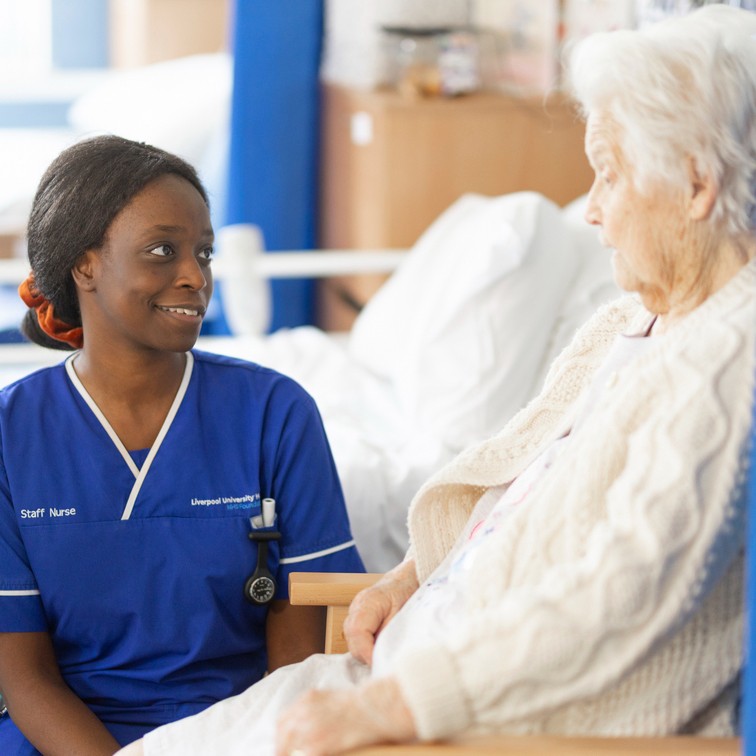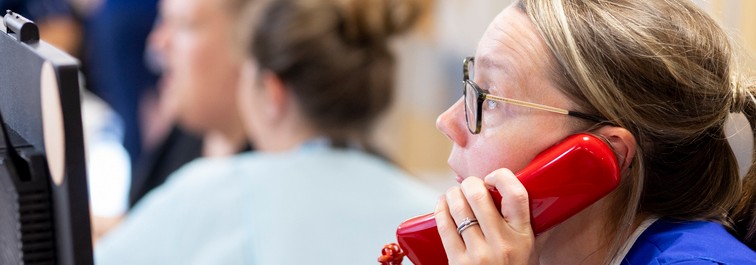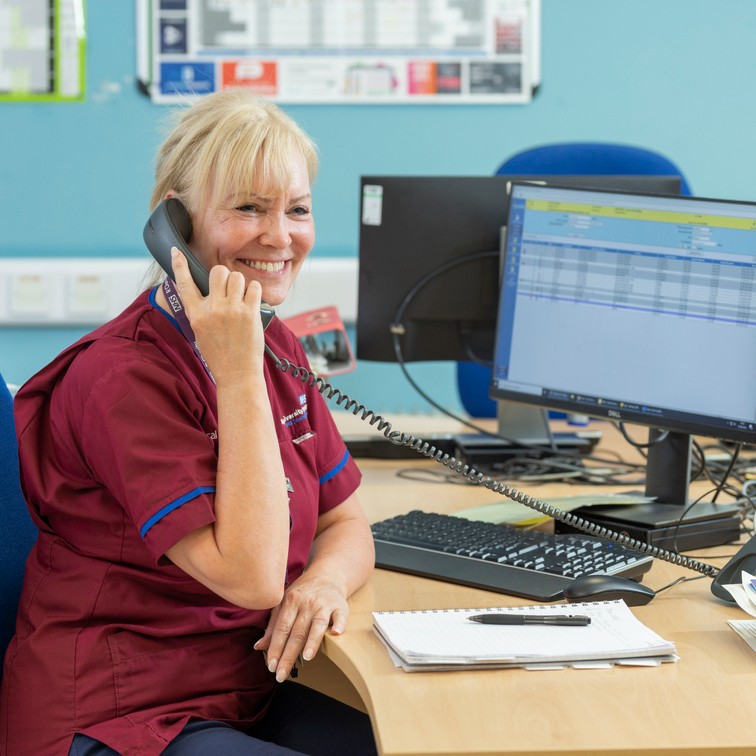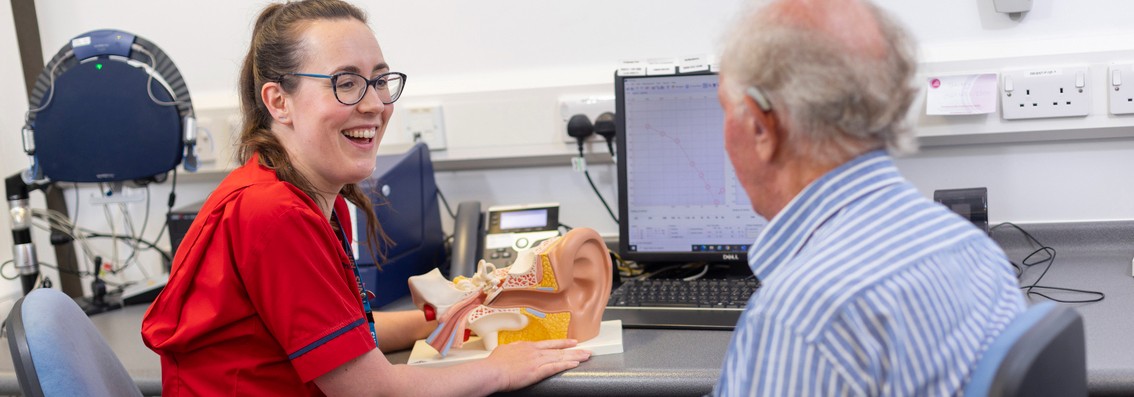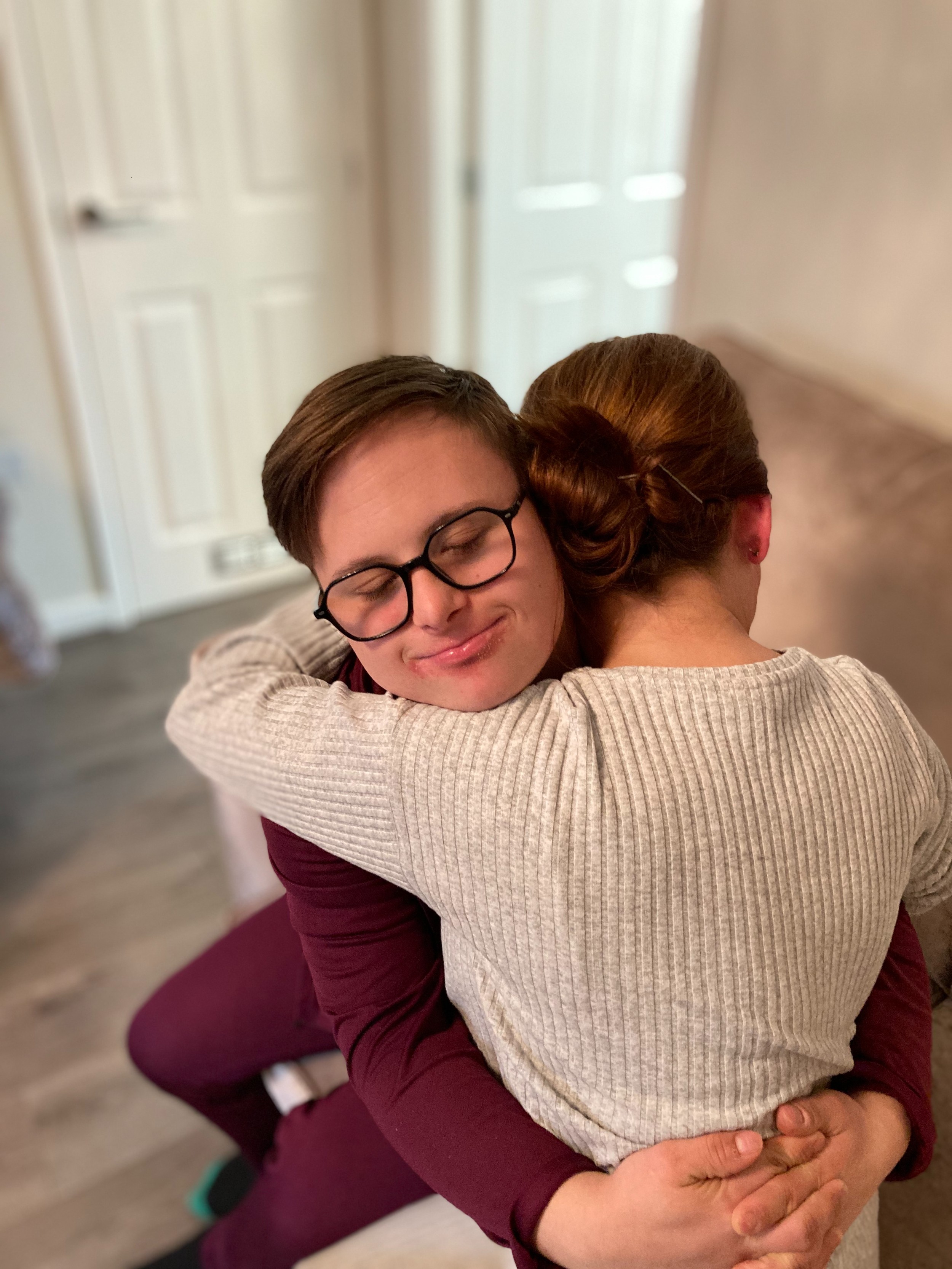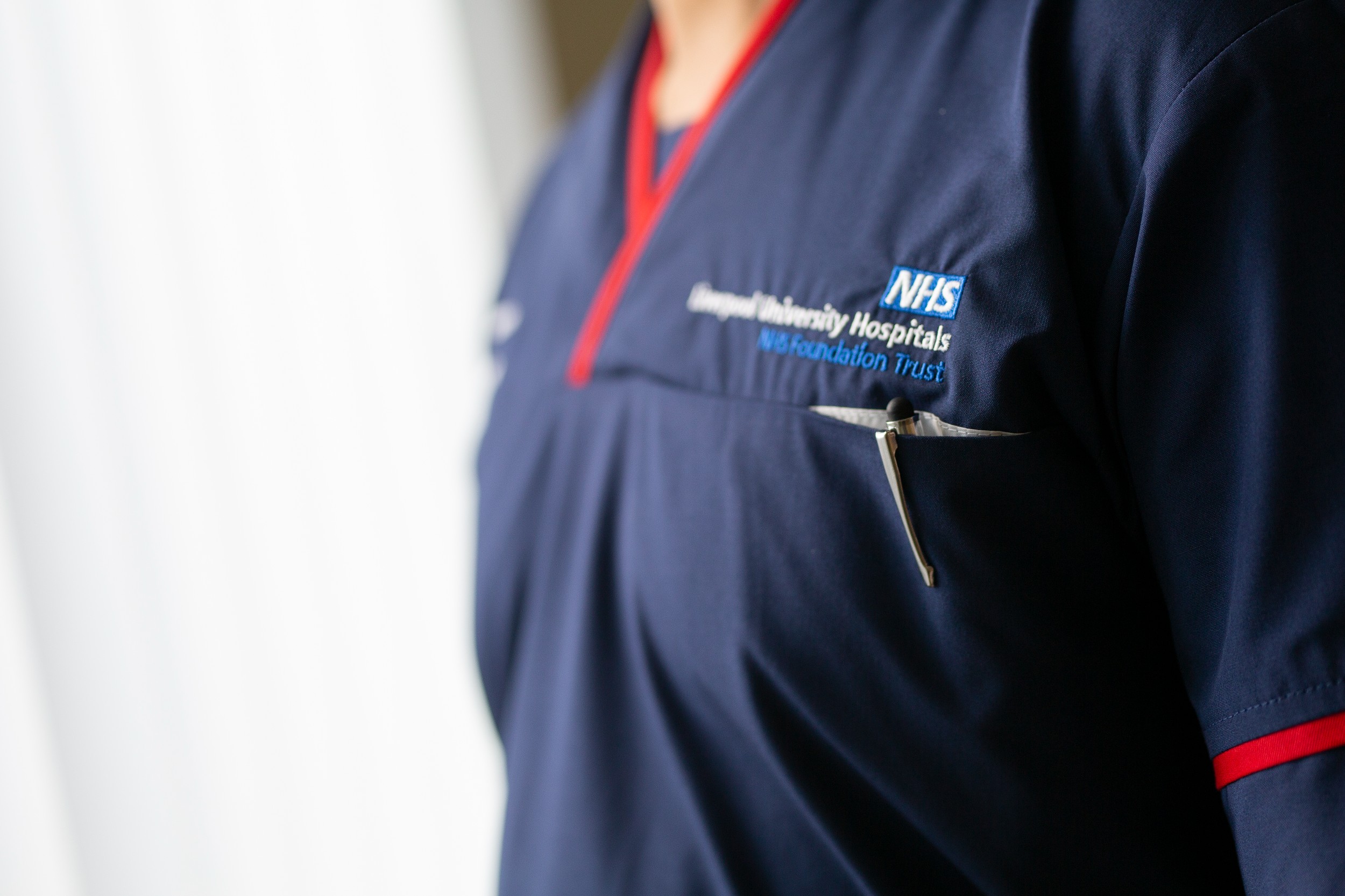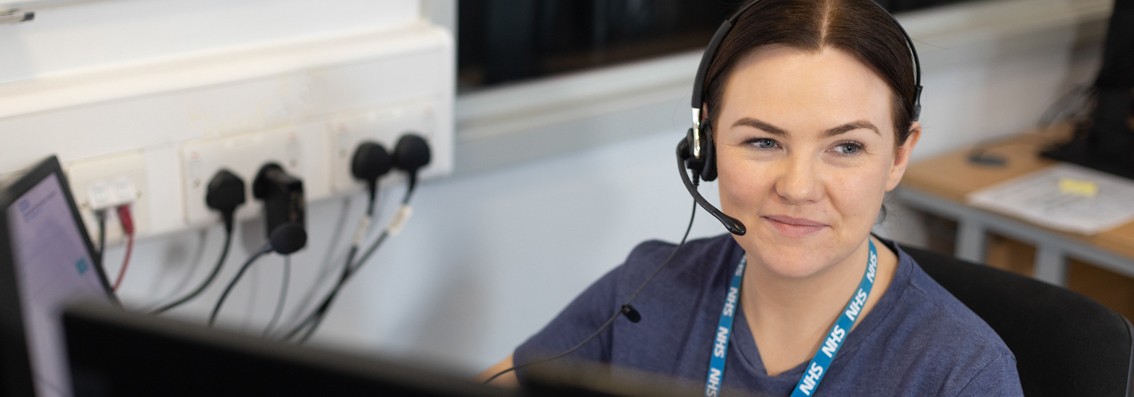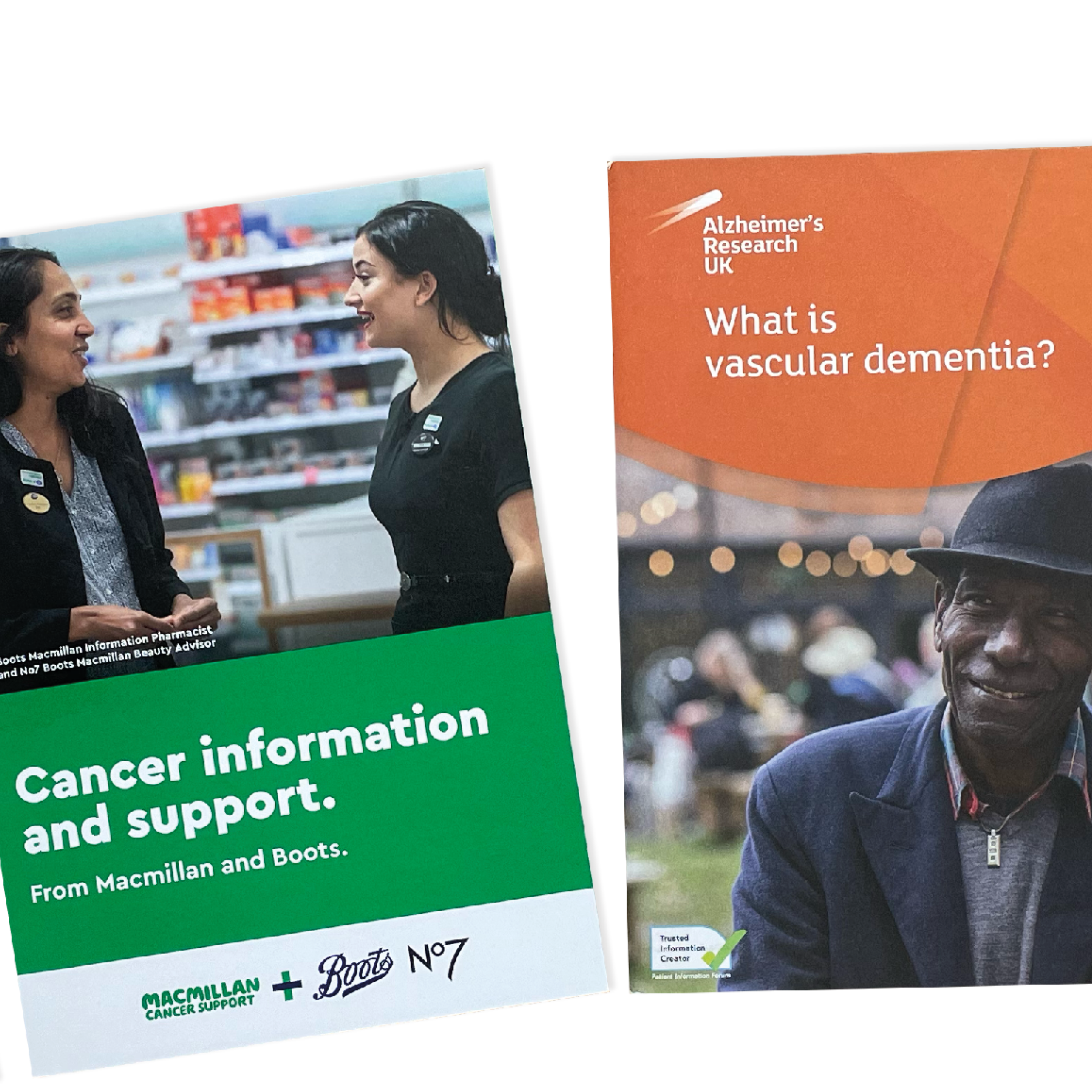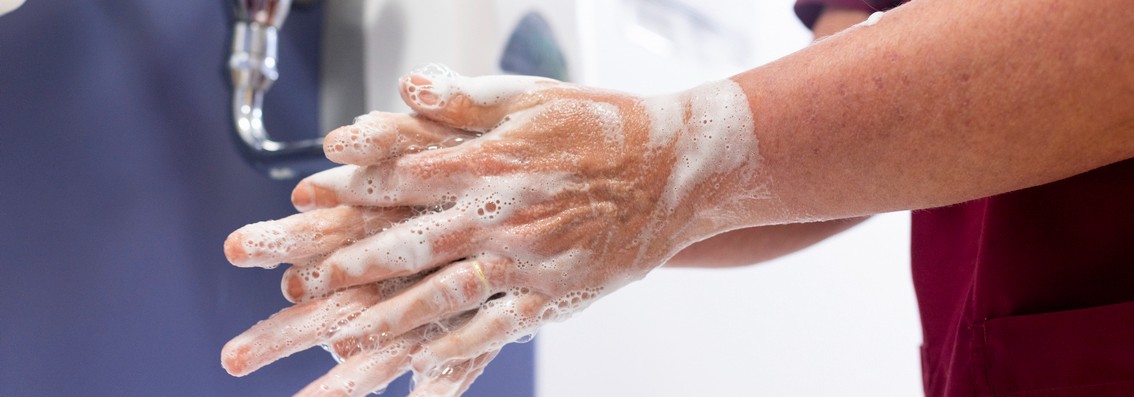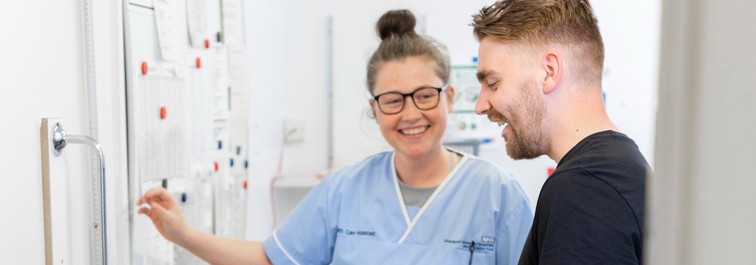An overseas patient is someone who is not ordinarily resident in the United Kingdom (UK) and does not permanently live in the UK.
NHS Treatment is not free for everyone, and the Department of Health and Social Care charging overseas visitors in England place a legal obligation on Trusts to establish whether a person is an overseas visitor to whom charges apply, or whether they are exempt from charges.
If you are visiting the UK, or have been living outside the UK, you may have to pay for NHS hospital treatment whilst you are here. This is irrespective of nationality, payment of UK taxes, national insurance contributions, being registered with a GP, having an NHS number, having a fixed abode, length of time spent living in the UK, or owning property in the UK.
If you are on holiday or visiting the UK and the need for treatment is urgent and cannot wait until you return home, your hospital care will be the same as any NHS patient. The only difference is some overseas patients may have to pay for their NHS hospital treatment, whilst others may be covered by international healthcare arrangements.
Emergency treatment will not be withheld but a person not ordinarily resident (i.e. living in the UK lawfully, voluntary or properly settled at the time of treatment) is not automatically entitled to NHS treatment free of charge.
Please be aware these rules also apply to British citizens who usually live outside of the UK. If you have moved overseas or have never lived in the UK, you will have to pay for your treatment unless you are covered by an exemption.
Students who usually live overseas and who are in the UK for the sole purpose of studying are subject to NHS charges.
Non-UK nationals who come to the UK to study for more than six months are required to pay the immigration health surcharge as part of their student visa application, this will exempt them from charges (excluding NHS Assisted Conception Services). Those coming to the UK to study for less than six months will be required to pay for any hospital appointments or admissions.
Students, irrespective of nationality, who usually live in the EEA and have either had their immigration health surcharge refunded or have not paid the immigration health surcharge will need to provide a European Health Insurance Card (EHIC) from their home country to be exempt from charges.
Students who are British nationals but usually live overseas and are only in the UK for the purposes of studying are required to pay for any hospital appointments or admissions.
Students, regardless of nationality, who usually live overseas and have not paid the health surcharge and who do not have a non-UK EHIC will be charged for treatment. It is strongly advised that they obtain insurance before coming to the UK that will cover the cost of any treatment provided.
Upon arrival at hospital, you will be asked to confirm how long you have lived in the UK.
If you have not or cannot prove you have lived in the UK for the last 12 months, you will be asked to provide information that will enable the Eligibility team to establish whether charges apply, or whether you are exempt from charges.
It is the responsibility of the patient to provide evidence, when requested, to demonstrate they are entitled to free NHS treatment. When evidence is not provided, charges may apply.
If you have received a request to provide evidence, the below section provides examples of suitable identification, please note this is not an exhaustive list, and other documents may be considered.
Identity
- Current signed passport
- Residence permit issued by the Home Office
- EU or Swiss national identity photo-card
- Valid UK photo-card driving licence
- Settled/Pre-settled status
- Asylum registration card
- Share code to digital visa.
Address
- Recent original utility bill (gas, electric, water, telephone - mobile not acceptable)
- Council tax bill (valid for current year)
- Bank, building society or credit union statement
- Recent original mortgage statement from recognised lender
- Current council/housing association rent book or tenancy agreement
- Notification letter from Department for Work and Pensions or HM Revenue and Customs confirming your right to benefit or state pension.
Planned Treatment
If chargeable for NHS treatment, you will be asked to pay before your treatment commences. If the complete cost of the treatment is unknown at this stage, you will be provided with an estimated cost and entitled to a refund if this is more than the actual cost of your planned treatment. If treatment is non urgent it may be delayed until payment has been received.
Emergency Treatment
Only treatment provided in the Emergency Department is free to all. If you are admitted via the Emergency Department, then urgent treatment will be provided regardless of whether you have to pay or not. However, if chargeable for NHS services, payment will be required as soon as possible.
Since introduction in 2015, the IHS has provided those who come to live, study and work in the UK on a temporary basis (for periods of more than 6 months) with comprehensive access to NHS services (except NHS assisted conception services).
Overseas patients who have been granted a visa which attracts payment of the IHS (including where they have paid any amount of IHS, received a full or partial refund, or had their IHS waived) must pay for NHS assisted conception services in England, unless an exemption within the regulations apply.
Assisted conception services are defined in the charging regulations as any medical, surgical or obstetric services, that require any medicines, surgery or procedures to diagnose and treat infertility. It includes procedures such as intrauterine insemination (IUI), in vitro fertilisation (IVF) and egg and sperm donation.
The treatment and diagnosis of certain infectious diseases is available to all patients free of charge, including overseas visitors.
- Acute encephalitis
- Acute poliomyelitis
- Anthrax
- Botulism
- Brucellosis
- Cholera
- Diphtheria
- Enteric fever (typhoid and paratyphoid fever)
- Food poisoning
- Haemolytic uraemic syndrome (HUS)
- Human immunodeficiency virus (HIV)
- Infectious bloody diarrhoea
- Invasive group A - streptococcal disease and scarlet fever
- Invasive meningococcal disease (meningococcal meningitis, meningococcal septicaemia and other forms of invasive disease)
- Legionnaires' Disease
- Leprosy
- Leptospirosis
- Malaria
- Measles
- Mumps
- Pandemic influenza (defined as the 'Pandemic Phase'), or influenza that might become pandemic (defined as the 'Alert Phase') in the World Health Organization's Pandemic Influenza Risk Management Interim Guidance
- Plague
- Rabies
- Rubella
- Severe acute respiratory syndrome (SARS)
- Smallpox
- Tetanus
- Tuberculosis
- Typhus
- Viral haemorrhagic fever (which includes Ebola)
- Viral hepatitis
- Whooping cough
- Wuhan novel coronavirus (2019-nCoV)
- Yellow fever
- Middle Eastern Respiratory Syndrome (MERS).
The exemption also applies to the diagnosis and treatment of sexually transmitted infections.
Visitors to the UK from the EU or EFTA states – including UK nationals who live there – can access necessary healthcare without charge during their stay if they hold a valid European Health Insurance Card (EHIC) or Provisional Replacement Certificate (PRC) issued by an EU or EFTA member state. Here is how to obtain a card.
Specific courses of pre-planned treatment are free of charge if they hold an S2 and have made advance arrangements with the provider.
Useful documents
| Thumbnail | Title | Date Posted | Size |
|---|---|---|---|
| How to recognise a non-UK European Health Insurance Card (EHIC) | 17/07/2023 | 0.41 MB |


